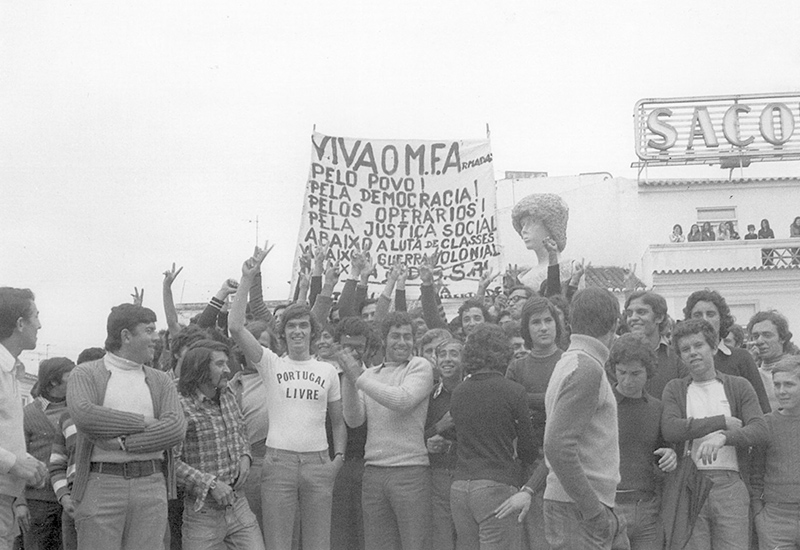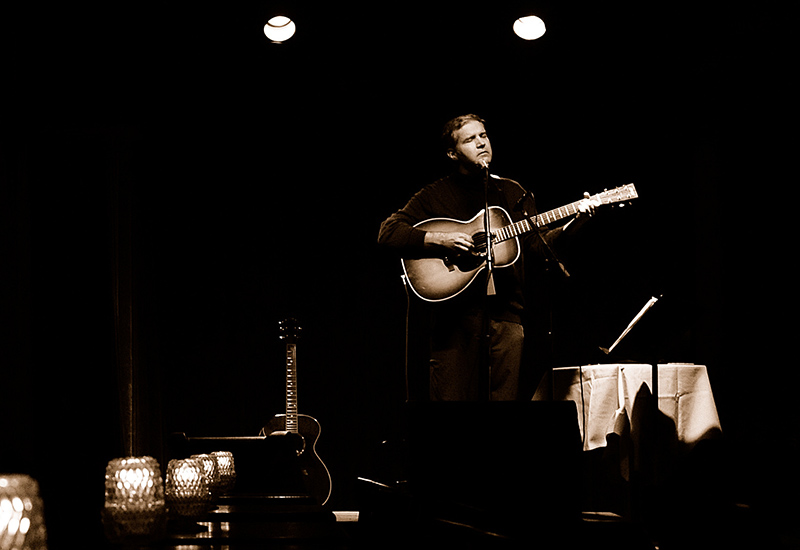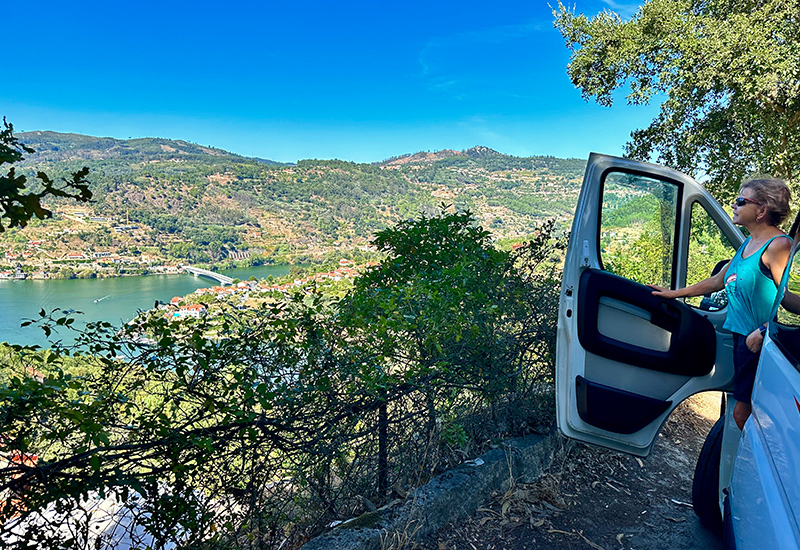By James Plaskitt
The President of the Republic has dissolved the National Assembly and called a general election for 30 January, two years ahead of schedule. This follows the inability of the minority Socialist government, led by Antonio Costa, to secure parliamentary approval for the 2022 budget.
The Socialists have been in power since 2015, and strengthened their position further in the 2019 legislative elections, but fell short of an overall majority. To govern, they have relied on an informal arrangement with the Left Bloc and the Communists, whose MPs have agreed not to vote against government measures. This arrangement is known as geringonça – which translates into English as contraption!
It worked until last month when the two small left-wing parties refused to support Costa’s budget proposals. The budget proposed modest income tax reductions and further reductions in the government deficit. In a bid to secure the support of the hard-left parties, Costa included an offer of free nursery places and an increase in the national minimum wage. But both the small left-wing parties have been losing support since 2019, punished by their voters for compromising with the government. So time was up for the contraption – and their vote against the budget ended the government.
How might the parties do in January’s election?
The timing is tricky for the main opposition party, the Social Democrats, Portugal’s conservative party. It has been led since 2018 by Rui Rio, but his leadership has already been challenged twice and both times he only survived narrowly. Currently, he faces a third challenge and the ballot to determine his fate will be on 4 December. President de Sousa – himself from the PSD – has opted for a later election date presumably to give the party time to recover from its leadership battles. But it’s not a good backdrop for a general election.
The PSD had a poor result in the 2019 general election. It performed more strongly in this year’s local elections, closing the gap with the Socialists to just 5%. But in the first polls done since the election was called, it is averaging 27%, against the Socialists 38%.
The PSD has not won an outright majority in a national election since 1991, so winning outright from this unpromising opening position looks highly unlikely. If the party managed to overhaul the Socialists in parliamentary seats, it would have to look for support from smaller parties on the right. A traditional ally is the Christian Democrats, but their national support has collapsed. There are now new parties to the right of the Social Democrats, most notably the Liberals and Chega (Enough). The latter is doing well in polls and could well secure a significant number of MPs. But many of their policies are hard right and will concern moderates who support the Social Democrats. But Rio has not ruled out turning to Chega for support. Indeed, in the Azores, the Social Democrats are in government with the support of Chega.
For the ruling Socialists, the unexpected election is seen as an opportunity. Generally, Costa’s government is seen to have done quite well in managing the economy and handling the COVID emergency – Portugal has the highest vaccination rate in the EU. In the 2019 election, the party fell just short of an overall majority. On current polling, a result with around 38% support would see the party back with about the same number of MPs as at present. The party has not won an outright majority since 2005. It would need to haul its support up into the low 40s to have a chance of doing so again.
If it falls short of a majority once more, it would be harder than before to find some new arrangement with smaller parties. The Left Bloc and the Communists would not be disposed to support again, having suffered from doing so before. The only alternatives on the left are the Greens and PAN (People, Animals and Nature), but they may only secure a small number of seats between them, and it may not be enough.
To give his party a chance of advancing further in January, expect Costa to play the Azores card. He will argue that the alternative to him is a government dependent on the extreme right. That seems to be his best hope of securing the extra seats necessary to achieve government stability.
Portugal’s next government has two big issues to tackle straight away – completing the country’s response to the pandemic and allocating the €45 billion post-pandemic recovery fund allocated by the EU. Voters must be hoping that something better than a contraption can be found to meet the challenges ahead.
James Plaskitt served as an MP in Tony Blair’s government in the UK. He is now retired in the Algarve.
Photo © CP – Comboios de Portugal, CC BY 3.0, via Wikimedia Commons














